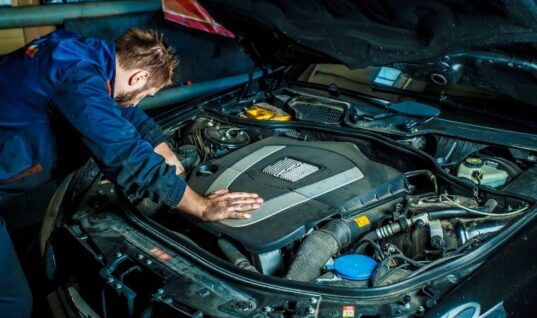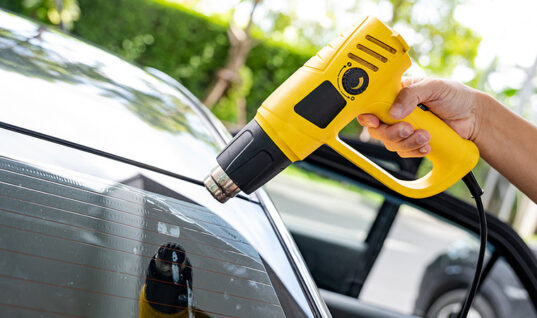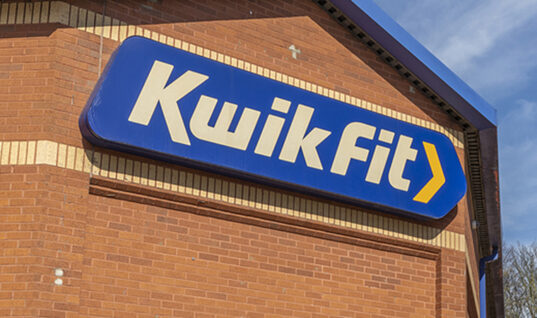The success of GDI engines means that they are being seen as potential replacements for diesel engines in the small car market as they have high MPG and lower emissions.
But is the GDI engine too good to be true? BG suggest that for the upside of economy and low emissions, there is a downside of maintenance issues and loss of performance.
This creates an opportunity for the independent sector for preventative maintenance and repair
By injecting petrol at high pressure directly into the combustion chamber, Direct Injection (DI) delivers fuel more precisely and efficiently than port fuel-injection systems (PFI). The result is more complete combustion and cooler cylinder temperatures, enabling higher compression ratios for greater efficiency and power.
Bosch says that DI can return at least 15% gains in fuel economy while boosting torque as much as 50 percent.
Combining DI with turbocharging delivers even greater gains in economy and performance. That enables OEMs to use smaller displacement engines, resulting in even more efficiency.
Unfortunately, the position of the injectors inside the cylinder means they are in direct contact with the soot released from the burnt fuel. The soot deposits itself on the injector tip and interferes with the accuracy and atomisation of the spray pattern.
A second issue is that because the injectors do not spray across the intake valve, the valve is subject to additional deposit formation as the detergents that are in the fuel do not touch the valve. These build-ups can be exacerbated by oil vapour deposits.
In order to reduce frictional energy loss and improve MPG, GDI engines use lighter, low tension piston rings. Ring spring force in older engines was as high as 30psi. New GDI engines can be 60% less. Also, engine compression ratios have increased from 9:1 to as high as 14:1.
This increased pressure creates more force on the low-tension rings. Piston rings are intended to prevent oil seeping up, fuel and combustion gases from ‘blowing-by’ between the piston and cylinder. Crankcase contamination compromises lubrication and promotes oil degradation.
Degraded engine oil is more susceptible to thickening. When oil thickens it flows less easily, so that when some oil gets behind the rings it tends to stick. Over time it hardens and restricts ring function, reducing the all-important compression, and allowing even more gases, soot and fuel into the oil.
The impact on compression is also a feature. BG Products tested a Ford 2.0 GDi, finding it had lost 8% compression psi in 3 cylinders after only 11,000 miles, and a Mazda 3 lost up to 14% in 36,167 miles.
So, while GDI engines are known for efficiency, the constant struggle between low tension piston rings and high operating pressures will eventually erode fuel efficiency and diminish horsepower.

BG Products’ research has show a preventative maintenance regime to keep injectors clean of hard baked deposits can limit GDI engine problems.
![]()
BG Products have carried out extensive research on GDI engines. They suggest a preventative maintenance regime can slow down oxidation, and ensure old oil is thoroughly cleaned out of all critical areas during an oil change.
For much more information, you can speak directly to BG at MECHANEX Sandown Park, 10th & 11th November 2015. To request a call back please use the form on the ‘More Details’ button below or call 01284 777934.







